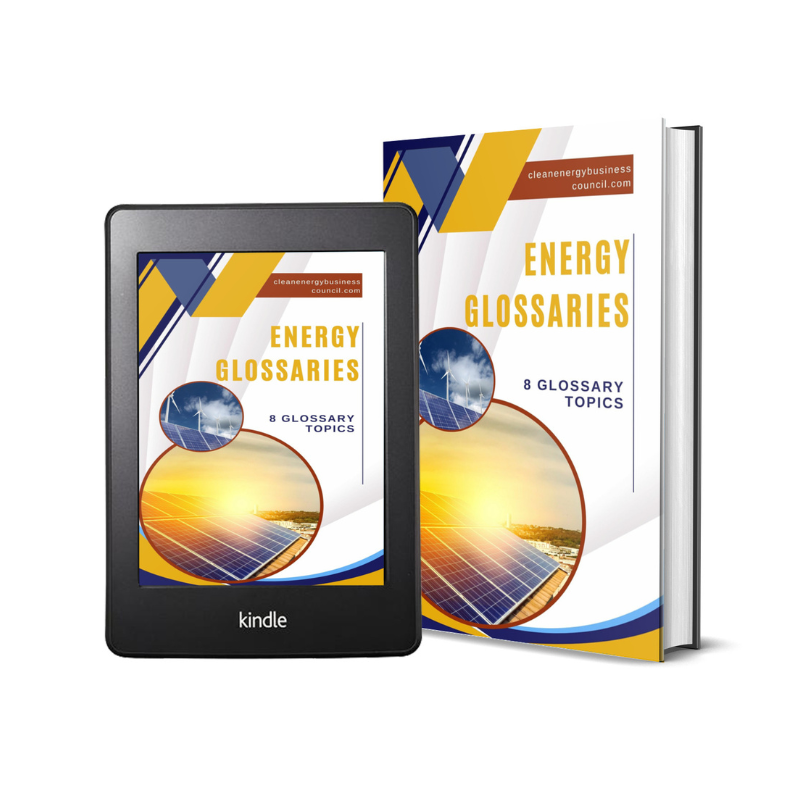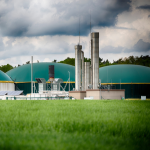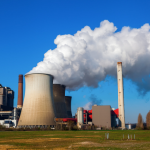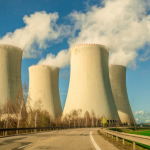Learn Everything About Clean Energy & More!
Check out our free energy glossaries and learn everything related to yoga!

Energy Glossaries
Some Recent Energy Glossary Articles
Wind Vane – Definition & Detailed Explanation – Wind Energy Glossary Terms
I. What is a Wind Vane? A wind vane, also known as a weather vane, is a simple instrument used to determine the direction of the wind. It typically consists of a flat, arrow-shaped piece of metal or other material that is mounted on a rotating axis. The vane is designed in such a way … Read more
Hydraulic Efficiency – Definition & Detailed Explanation – Hydroelectric Power Glossary Terms
I. What is Hydraulic Efficiency? Hydraulic efficiency refers to the ability of a hydraulic system, such as a hydroelectric power plant, to convert the potential energy of water into mechanical energy efficiently. In the context of hydroelectric power generation, hydraulic efficiency is crucial for maximizing the output of electricity from the available water resources. It … Read more
Light Water Reactor (LWR) – Definition & Detailed Explanation – Nuclear Energy Glossary Terms
I. What is a Light Water Reactor (LWR)? A Light Water Reactor (LWR) is a type of nuclear reactor that uses ordinary water, also known as light water, as both its coolant and neutron moderator. This type of reactor is the most common design used for commercial nuclear power generation around the world. LWRs are … Read more
Nuclear Energy Efficiency – Definition & Detailed Explanation – Nuclear Energy Glossary Terms
I. What is Nuclear Energy Efficiency? Nuclear energy efficiency refers to the amount of usable energy that is produced by a nuclear power plant compared to the amount of energy input required to operate the plant. In simple terms, it is a measure of how well a nuclear power plant converts its fuel into electricity. … Read more
Structural Dynamics – Definition & Detailed Explanation – Wind Energy Glossary Terms
I. What is Structural Dynamics? Structural dynamics is a branch of engineering that deals with the study of how structures respond to dynamic loads, such as vibrations, shocks, and impacts. It focuses on understanding the behavior of structures under varying conditions and predicting their response to external forces. By analyzing the dynamic behavior of structures, … Read more
Gas Pipeline – Definition & Detailed Explanation – Fossil Fuels Glossary Terms
What is a Gas Pipeline? A gas pipeline is a system of pipes used to transport natural gas from its source to its destination. Natural gas is a fossil fuel that is commonly used for heating, cooking, and generating electricity. Gas pipelines are essential infrastructure that allows for the efficient and safe transportation of natural … Read more
Float Charging – Definition & Detailed Explanation – Battery Technology Glossary Terms
I. What is Float Charging? Float charging is a method of charging a battery or cell at a constant voltage, typically slightly lower than the battery’s maximum voltage. This allows the battery to remain fully charged without overcharging, which can lead to decreased battery life and potential safety hazards. Float charging is commonly used in … Read more
Radioactive Waste Policy – Definition & Detailed Explanation – Nuclear Energy Glossary Terms
I. What is Radioactive Waste Policy? Radioactive waste policy refers to the regulations, guidelines, and strategies put in place by governments and organizations to manage the disposal, storage, and transportation of radioactive materials. These policies aim to protect human health and the environment from the harmful effects of radiation exposure. II. Why is Radioactive Waste … Read more
Biodiesel Production – Definition & Detailed Explanation – Biomass Energy Glossary Terms
I. What is Biodiesel? Biodiesel is a renewable, clean-burning alternative fuel that can be used in diesel engines. It is typically made from vegetable oils, animal fats, or recycled cooking grease. Biodiesel is biodegradable and non-toxic, making it a more environmentally friendly option compared to traditional petroleum diesel. It can be used in its pure … Read more
Wind Energy Conversion System (WECS) – Definition & Detailed Explanation – Wind Energy Glossary Terms
I. What is a Wind Energy Conversion System (WECS)? A Wind Energy Conversion System (WECS) is a technology that harnesses the power of wind to generate electricity. It consists of various components that work together to convert the kinetic energy of the wind into electrical energy that can be used to power homes, businesses, and … Read more







